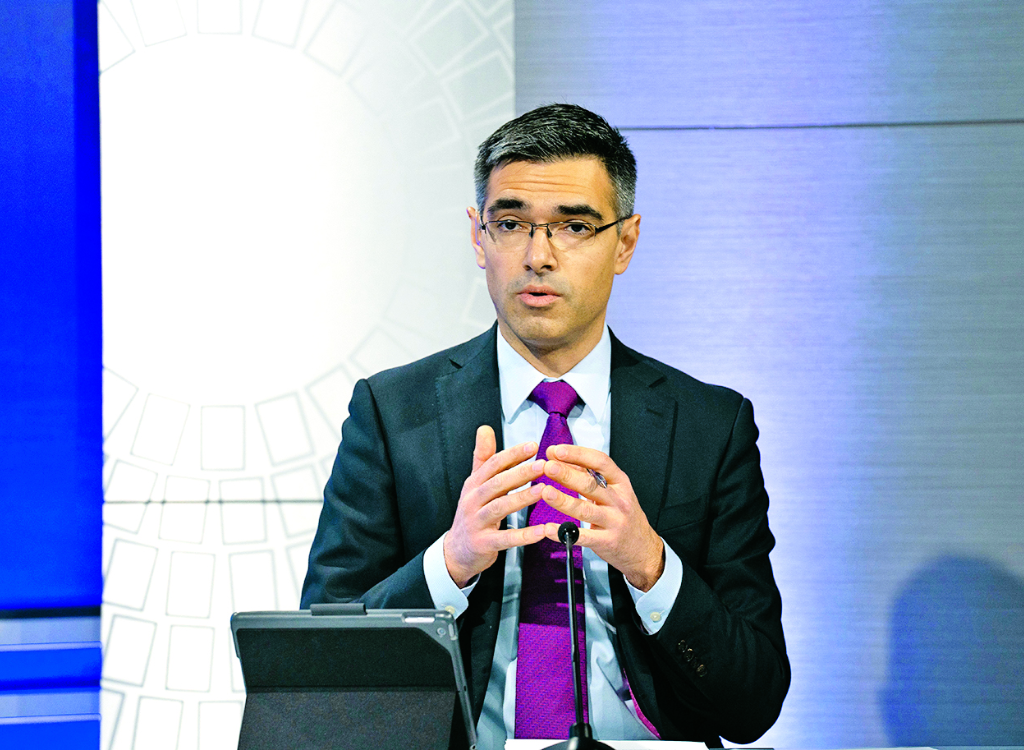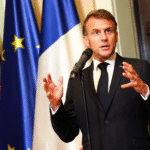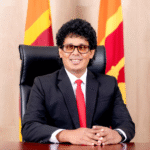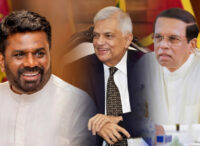An International Monetary Fund (IMF) mission led by Evan Papageorgiou, IMF Mission Chief for Sri Lanka, concluded a five-day visit to Colombo today, marking a key checkpoint in Sri Lanka’s path toward economic recovery under the Extended Fund Facility (EFF) arrangement.
The visit, which spanned from July 21 to 25, focused on assessing recent macroeconomic developments and evaluating the government’s progress in implementing the reform agenda supported by the IMF. In a carefully worded end-of-mission statement, the IMF mission acknowledged that Sri Lanka’s ongoing economic reforms are yielding tangible results.
According to the IMF, economic growth is now outperforming initial expectations, inflation is easing toward target levels, foreign exchange reserves are being rebuilt, and fiscal revenue collections are on an upward trend. These developments, the mission said, signal that the reform agenda is beginning to pay off.
“The economic reforms implemented by the Sri Lankan authorities are bearing fruit,” the statement noted, describing the progress as encouraging but cautioning that the work is far from over.
The IMF emphasized that maintaining reform momentum is vital to securing macroeconomic stability and embedding a durable recovery. The mission particularly underscored the need for resilience-building in the face of global uncertainty, including shifting trade dynamics and ongoing geopolitical tensions.
The timing of the Fifth Review of the Extended Fund Facility, which will formally assess Sri Lanka’s compliance with program commitments, is yet to be confirmed and will be determined in consultation with the government, the mission noted.
2026 Budget in focus: IMF urges decisive revenue measures
Looking ahead to the upcoming 2026 budget, the IMF has urged the Sri Lankan government to adopt firm revenue-enhancing measures. These are deemed essential to support macroeconomic stability and keep the country on course with its medium-term fiscal targets.
Achieving a primary budget surplus of 2.3 percent of GDP remains a cornerstone of the plan to restore debt sustainability, the Fund said.
“Strengthening tax exemption frameworks, boosting compliance, broadening the tax base, and improving public financial management, including efforts to prevent the re-emergence of expenditure arrears are critical,” the IMF mission stated.











Leave a comment